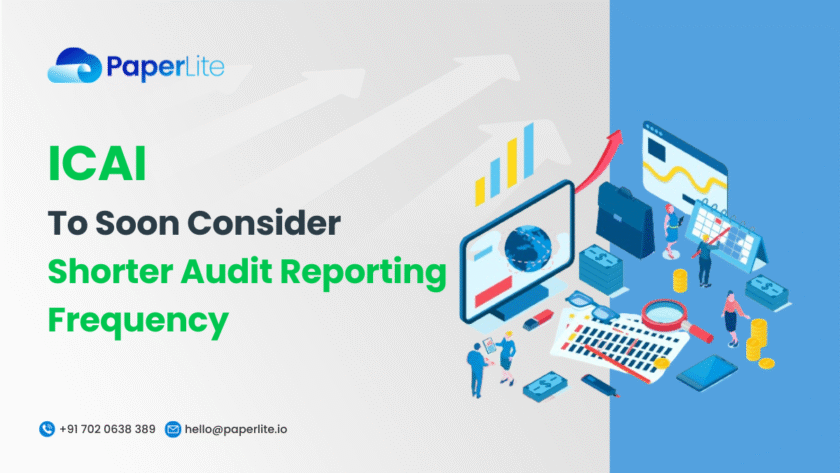Tax season in India ushers in a busy period for Chartered Accountants and Accounting Firms. However, alongside the rush of filings and consultations comes an unfortunate reality – a drastic rise in tax-related scams targeting unsuspecting individuals and businesses across India.
In recent times, there has been quite a surge in tax-related scams, particularly those…


